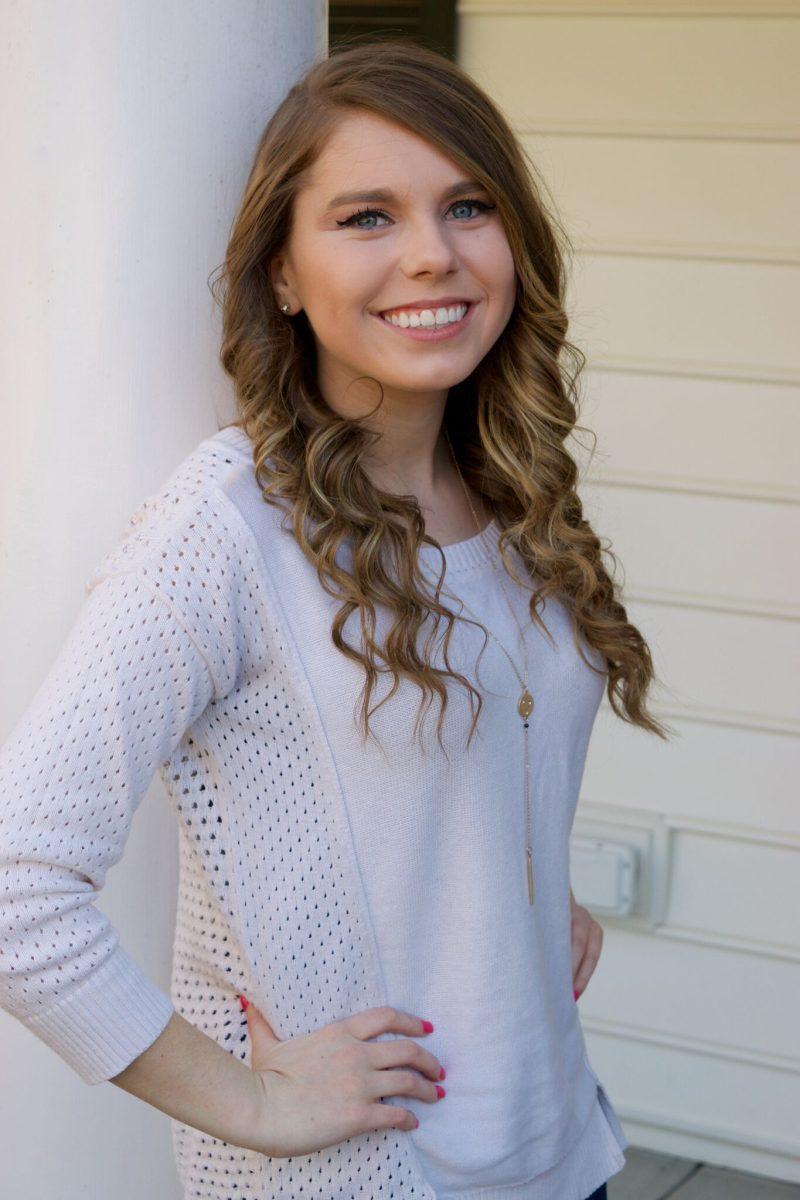Before coming to NC State, I, along with all incoming underage students, had to complete AlcoholEDU, a program which is supposed to provide non-opinionated facts about alcohol and help students learn safe drinking skills. Before coming to college, I knew nothing about standard drinks or drinking strategies. However, I didn’t pay any attention when I was taking the quizzes. I thought that since I didn’t drink throughout high school, I didn’t need any help. Drinking just wasn’t that big of a deal.
At NC State, we’ve normalized excessive partying and binge-drinking as part of the college experience. We laugh at friends who are too hungover to go to class or classmates who show up with black Sharpie X’s on their hands. I have heard the saying, “It’s not called alcoholism until you graduate” countless times. However, according to the National Institute on Alcohol Abuse and Alcoholism, 20 percent of college students meet the criteria for Alcohol Use Disorder.
I passed the final AlchoholEDU test after quickly skimming through the information and learning nothing. If I could ace these quizzes and tests without paying attention to the details, other students probably could ace them by doing the same.
I also think AlcoholEDU normalizes drinking and partying and tries to make alcohol education fun with interactive quizzes and videos. Nonetheless, it can distract students from absorbing the real information.
Other NC State programs seem to emphasize having safe fun with alcohol more than the dangers and consequences of binge drinking. On NC State’s Alcohol and Other Drug Prevention Education website, there is more information on party planning than on helping a student with potential alcoholism. According to The Recovery Village, 31.5 percent of alcohol-dependent people are young adults in their early to mid-20s and college students are more susceptible to alcohol abuse because of stress and other factors.
“Howl for Help” is an NC State program designed for alcohol and other drug-related emergencies like alcohol poisoning for example. At D.H. Hill Library, I was given “Howl for Help” trinkets like pencils and tissues that were supposed to spread awareness. However, there were no facts or information about alcoholism or the consequences of excessive drinking on the freebies. I didn’t take any of these efforts seriously, and the normalcy of binge drinking caused me to be unaware of problems my friends were going through.
Last semester, it took me months to see that a friend was becoming addicted to alcohol. I noticed that he was always the life of the party and loved to be the center of attention, but I was too enveloped in the party culture to realize that he could not control his drinking. I confronted him about his changing behavior, causing him to realize his lack of self-control. He continued to drink nonetheless. He listened to other peers who told him that he didn’t need to change and that I was only trying to ruin his fun.
Drinking can be fun, and the majority of NC State students are not struggling with alcohol addiction. However, there is a number of students who are. Almost 30 percent of undergraduate students on our campus drink irresponsibly or binge drink often. The signs these individuals exhibit may be unnoticeable in a college environment, and students often do not know they need help. I believe there needs to be a greater emphasis on the dangers of excessive drinking on our campus.
Thinking that binge drinking is a normal college experience will make us blind to the real problems of alcohol. There is too much emphasis on making education on alcohol fun and interesting. Instead of focusing on fun, NC State needs to give real alcohol education to students so they can see and know the consequences for their actions.








